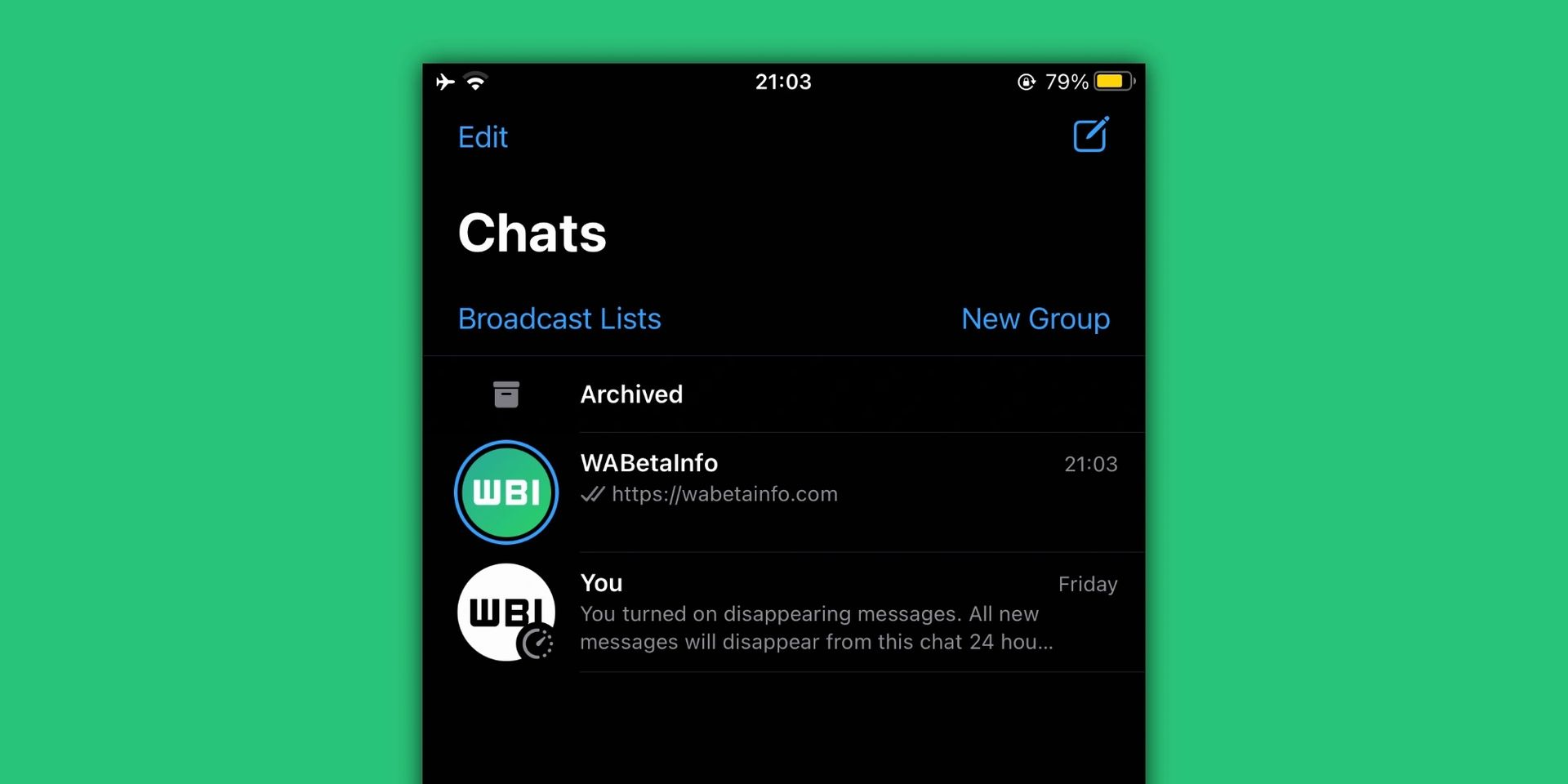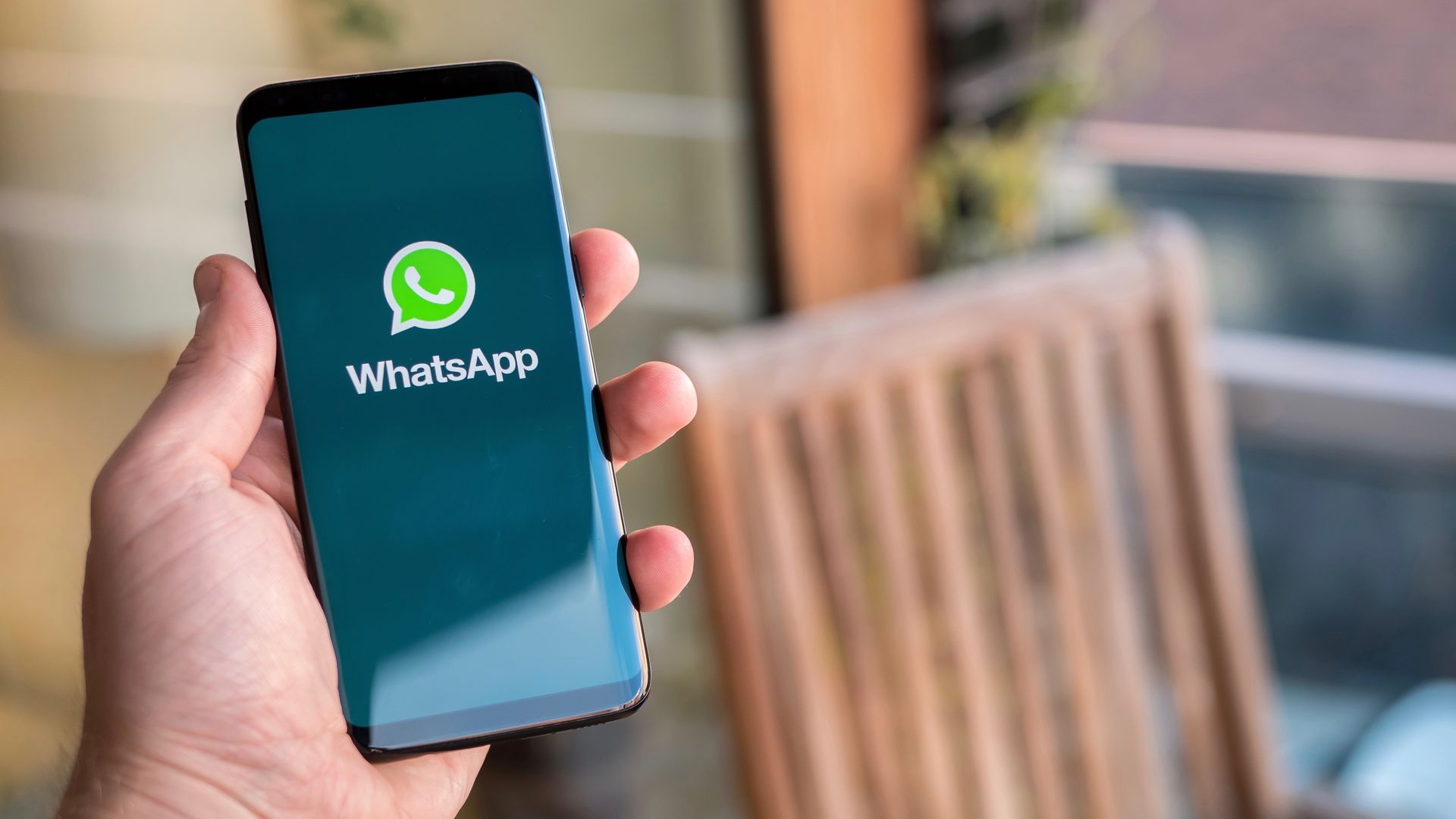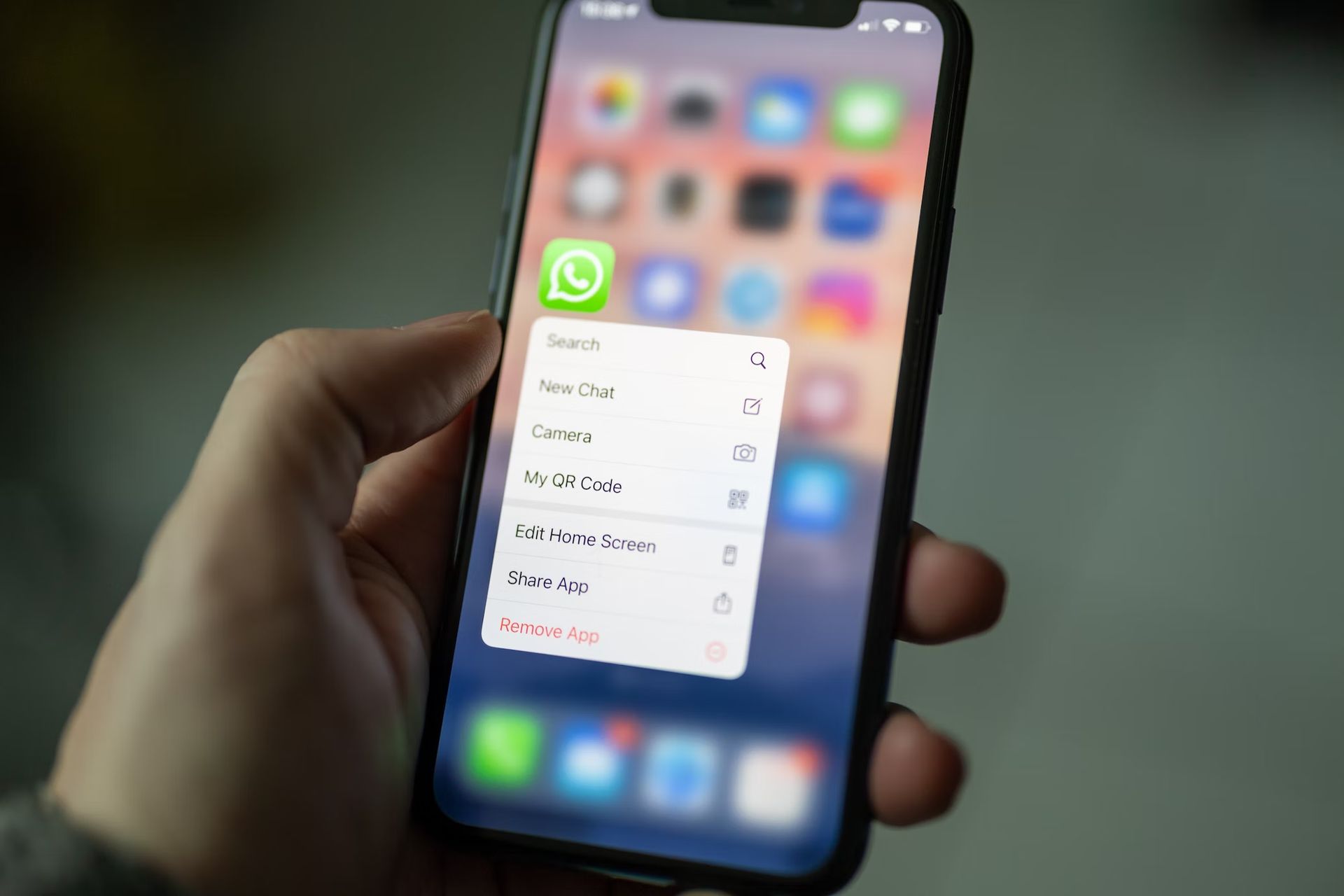- The beta version 22.18.0.70, according to WABetaInfo, introduces the capability to view Status updates within the chat list.
- Users can submit images and videos with this feature, which is similar to Stories, but they vanish after 24 hours.
- One of those features, screenshot blocking, was being developed for WhatsApp beta for iOS but has not yet been discovered in the WhatsApp beta for Android.
- Three new privacy features for WhatsApp have been introduced, providing users more control over their chats and more layers of security when communicating, according to Mark Zuckerberg, founder and CEO of Meta.
After introducing a number of new features this year, iOS users will soon be able to watch Status right from WhatsApp’s chat list, according to reports. WhatsApp is owned by Meta.
The beta version 22.18.0.70, according to WABetaInfo, introduces the capability to view Status updates within the chat list. It is still not accessible to everyone even though it has been made available to some beta testers.
Users can submit images and videos with this feature, which is similar to Stories, but they vanish after 24 hours.
What Stories-like feature will offer in WhatsApp for iOS?
The latest version of view once, which WhatsApp is currently working on introducing, makes it difficult to screenshot photos and videos that are being viewed once. It’s always up to you because it’s obvious that the recipient might still take a picture with a different phone or camera.
Keep in mind that a screenshot taken by the receiver to examine single images or videos is instantly stopped, although the sender is not notified of this.
The Android beta version of WhatsApp is currently working on this functionality, which will be made available in a future app update. As always, when we have more information to share with you, we’ll let you know by publishing another article.
New feature alert!
You can now send photos and videos that disappear after they’ve been opened via View Once on WhatsApp, giving you more control over your chats privacy! pic.twitter.com/Ig5BWbX1Ow
— WhatsApp (@WhatsApp) August 3, 2021
Mark Zuckerberg, founder and CEO of Meta, recently unveiled three new privacy features for WhatsApp that will give users more control over their chats and increase security when communicating.
One of those features, screenshot blocking, was being worked on in the WhatsApp beta for iOS but has not yet been discovered in the WhatsApp beta for Android.
The screenshot will be automatically prohibited if the recipient tries to capture one to view once photographs or videos, but the sender won’t be alerted.
A user can still snap pictures by using a different phone or camera, though. It is still not accessible to everyone even though it has been made available to some beta testers. Users can publish images and videos using this feature, which is similar to Stories in that it expires after 24 hours.

Three new privacy features for WhatsApp have been introduced, providing users more control over their chats and more layers of security when communicating, according to Mark Zuckerberg, founder and CEO of Meta.
One of those features, screenshot blocking, was being worked on in the WhatsApp beta for iOS but has not yet been discovered in the WhatsApp beta for Android. The screenshot will be automatically prohibited if the recipient tries to capture one to view once photographs or videos, but the sender won’t be alerted. A user can still snap pictures by using a different phone or camera, though.
By the way, this month, WhatsApp will enable users to leave groups in secret without broadcasting their decision to depart. In general, this update should make navigating among groups on the app more seamless and less unpleasant. Group admins will still receive notifications. The app’s desktop and mobile versions will both receive this upgrade.

Ami Vora, the head of product at WhatsApp, described the updates as strengthening the app’s “interlocking layers of protection” and enhancing its position as a well-known encrypted messaging choice.
Over the years, the company has made more attempts. In the fall of last year, it added end-to-end encryption for cloud backups, so addressing a potential weakness in its encrypted messaging service.





